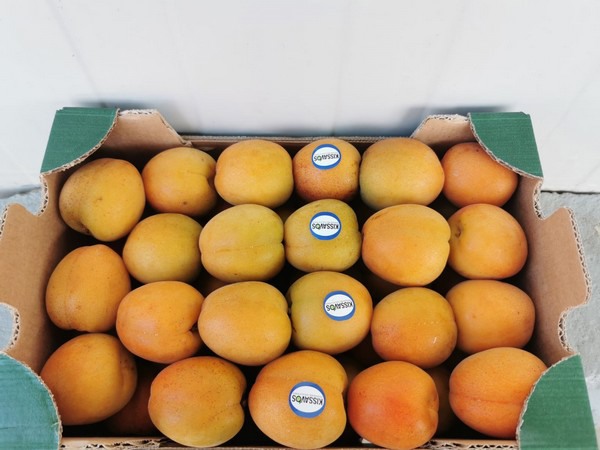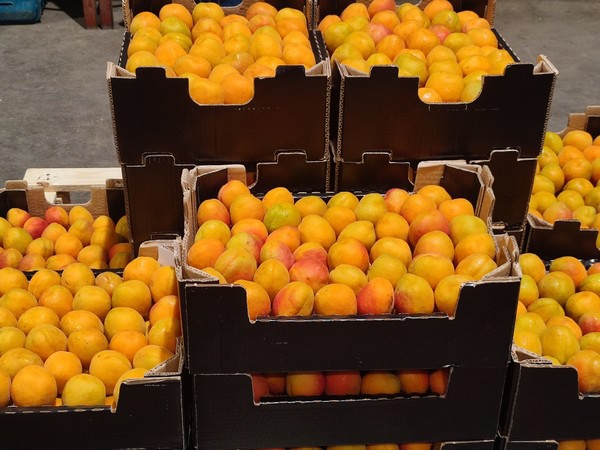Lower availability for apricots in Europe has led to strong demand for the Greek product, says Matoula Katsika, export and sales manager for Greek fruit exporter A.C. Kissavos: “This year, our season started strong in terms of demand, as there was a lack of apricots from other European countries. That said, after a while the season slowly stabilized. We have reduced production in all varieties of apricots, while there is an increased demand from the market. The most important markets for A.C. Kissavos are the European markets like Germany, Poland and Austria, but also the Middle East. For 2023, our production is estimated to reach 120 tons. This is still lower compared to the previous year, when our apricot production was 170 tons.”

Greece is having to deal with the changing climate, which isn’t always easy, Katsika explains. “Τhe biggest challenge for us is dealing climate change, the weather in general and the high cost of cultivation. Unfortunately, we cannot make a contract with the weather, because climate change is here. Especially the rains and hailstorms create serious problems in the quality of the apricots. For example, fields at a close distance with the same varieties and with the same cultivation care present great exclusions. Climate change and non-existent low winter temperatures created problems in flowering. This logically shows us that climate change affects performance to the maximum.”
Increasing costs are a big challenge for Greek producers, but there’s no real way to change the costs. Katsika states that growers and exporters will have to accept the situation and do the best they can: “We overcome this with a lot of effort from our producers, because the cost of cultivation in Greece is prohibitive. The energy crisis dramatically increases the cost of fuel, the cost of farming, the cost of pumping irrigation water, the cost of fertilizers and so on. We can't cut all of these costs. For better results, we always follow the advice of agronomists and on how to get the desired results and of course every government policy should support the agricultural economy.”

“Τhere is no easy way to save money, I just believe that we need to invest in new technologies and automations. Using technology for these kinds of activities, farmers save time and as we know, time is money. Despite the challenges, we do expect to have satisfied customers with valuable products in terms of quality, taste, trust and prices this season,” Katsika concludes.
 For more information:
For more information:
Matoula Katsika
A.C Kissavos
Tel: (+30) 24940 22261
Email: kissavosagiassales@gmail.com
https://kissavosgroup.gr
